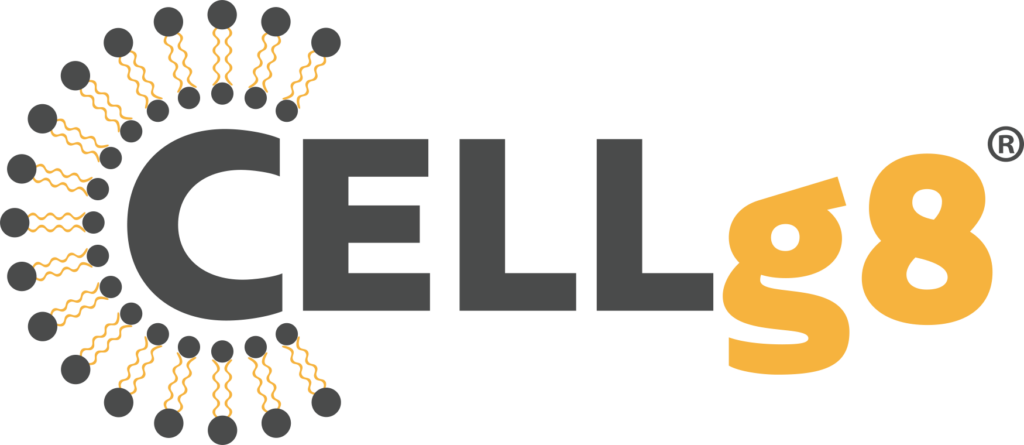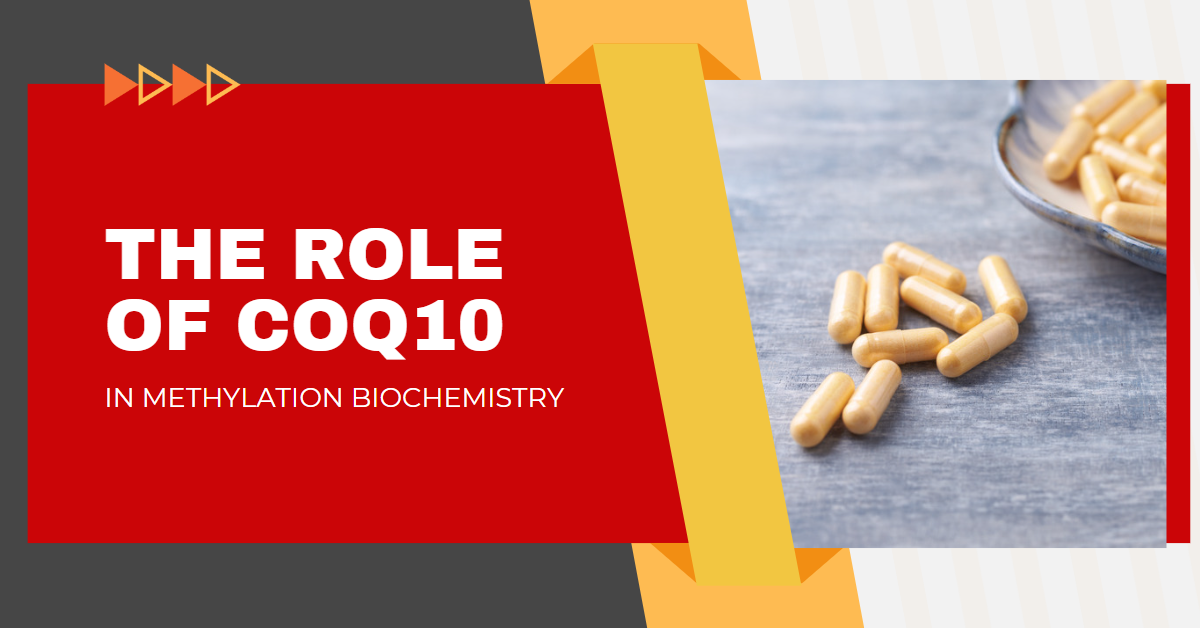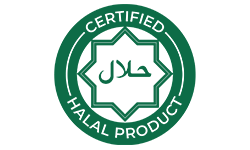Methylation is a vital biochemical process that plays a significant role in various physiological functions in the human body. Coenzyme Q10 (CoQ10), also known as ubiquinone, is a naturally occurring compound that is essential for energy production and plays a crucial role in the methylation process. This article will discuss the significance of CoQ10 in methylation biochemistry and its role in maintaining overall health.
Key Highlights
- Coenzyme Q10 (CoQ10) is a naturally occurring compound that is essential for energy production in the body and plays a crucial role in the methylation process. Without adequate levels of CoQ10, the production of S-adenosylmethionine (SAMe), a molecule essential for methylation, is reduced, leading to a disruption in the methylation process.
- CoQ10 deficiency can lead to various health problems, including muscle weakness, fatigue, and increased susceptibility to infections. CoQ10 supplementation may be necessary for individuals with a deficiency.
- CoQ10 is found in various food sources, but it can be challenging to obtain adequate levels from the diet alone. Therefore, supplementation may be necessary to ensure adequate levels of CoQ10.
Methylation is a biochemical process that involves the transfer of a methyl group (CH3) from one molecule to another. This process is vital for gene expression, cell signaling, and many other physiological functions in the human body. Methylation also plays a crucial role in detoxification and the elimination of harmful toxins from the body. CoQ10, an essential compound for energy production, is also involved in the methylation process.
What is Coenzyme Q10?
Coenzyme Q10 (CoQ10) is a naturally occurring compound that is essential for energy production in the body. CoQ10 is found in every cell of the body, but it is particularly abundant in the heart, liver, and kidneys. CoQ10 is a powerful antioxidant that protects cells from damage caused by free radicals. It is also involved in the electron transport chain, a process that produces ATP, the energy currency of the body.
The Methylation Process
The methylation process involves the transfer of a methyl group (CH3) from one molecule to another. This process is essential for the proper functioning of many physiological processes in the body, including gene expression, cell signaling, and detoxification. Methylation also plays a crucial role in the metabolism of various neurotransmitters and hormones.
CoQ10 and Methylation
CoQ10 plays a crucial role in the methylation process. It is involved in the production of SAMe (S-adenosylmethionine), a molecule that is essential for the methylation process. SAMe is involved in the transfer of methyl groups to various molecules, including DNA, RNA, and proteins. Without adequate levels of CoQ10, the production of SAMe is reduced, leading to a disruption in the methylation process.
The Significance of CoQ10 in Maintaining Overall Health
CoQ10 plays a significant role in maintaining overall health. It is involved in the production of ATP, the energy currency of the body. CoQ10 is also a powerful antioxidant that protects cells from damage caused by free radicals. Studies have shown that CoQ10 can improve exercise performance, and reduce muscle damage caused by intense exercise.
CoQ10 Deficiency
CoQ10 deficiency can lead to various health problems, including muscle weakness, fatigue, and increased susceptibility to infections.
Food Sources of CoQ10
CoQ10 is found in various food sources, including fatty fish, organ meats (liver, kidney, and heart), whole grains, and spinach. However, it can be challenging to obtain adequate levels of CoQ10 from diet alone. Therefore, supplementation may be necessary for individuals with a deficiency.
Coenzyme Q10 is a vital compound that plays a significant role in energy production and the methylation process. Without adequate levels of CoQ10, the methylation process is disrupted, leading to various health problems. CoQ10 supplementation may be necessary for individuals with a deficiency. Adequate levels of CoQ10 are essential for maintaining overall health.
References
- Bhagavan HN, Chopra RK. Coenzyme Q10: absorption, tissue uptake, metabolism and pharmacokinetics. Free Radic Res. 2006 Sep;40(5):445-53. doi: 10.1080/10715760600617843. PMID: 16611551.
- Lee BJ, Huang YC, Chen SJ, Lin PT. Coenzyme Q10 supplementation reduces oxidative stress and increases antioxidant enzyme activity in patients with coronary artery disease. Nutrition. 2012 Mar;28(3):250-5. doi: 10.1016/j.nut.2011.06.003. Epub 2011 Nov 23. PMID: 22153127.
- Miles MV, Horn PS, Morrison JA, Tang PH, DeGrauw T, Pesce AJ. Plasma coenzyme Q10 reference intervals, but not redox status, are affected by gender and race in self-reported healthy adults. Clin Chim Acta. 2003 Nov;338(1-2):173-80. doi: 10.1016/s0009-8981(03)00514-0. PMID: 14580959.







